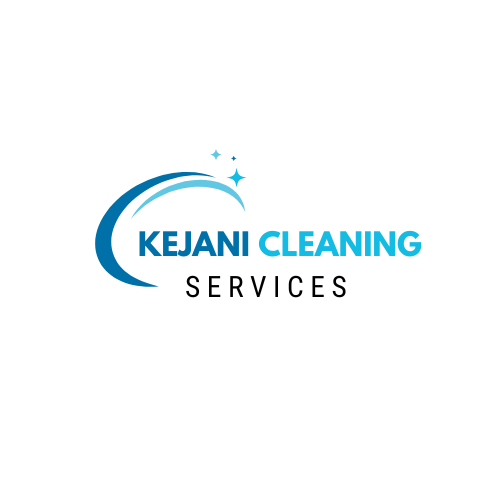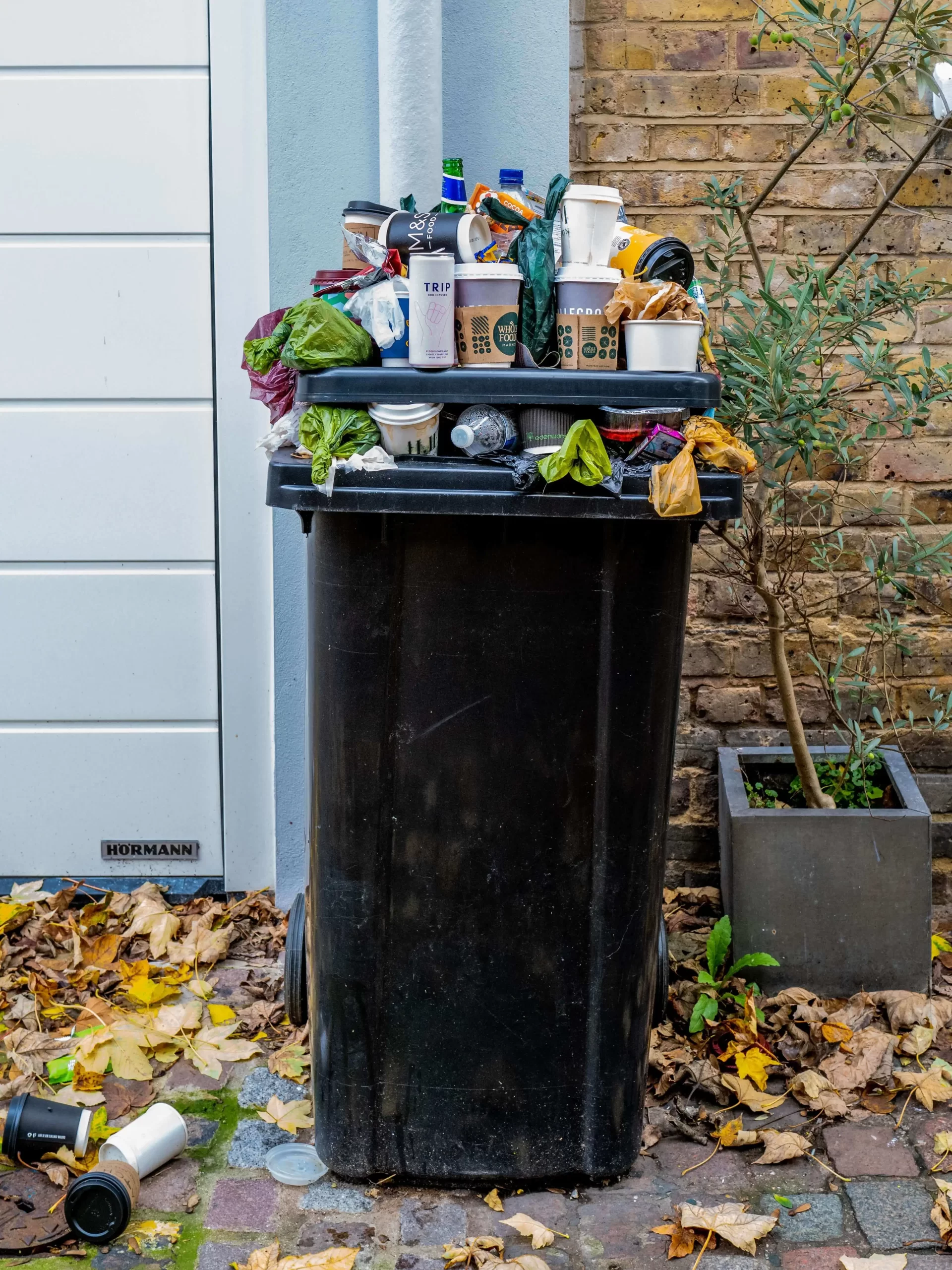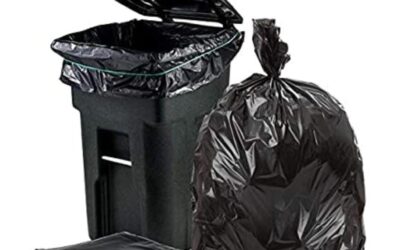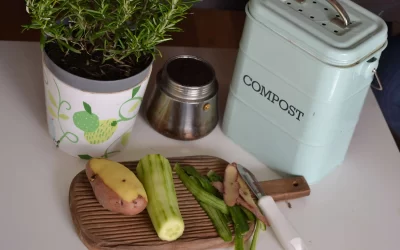Kenya has experienced rapid population growth, urbanization, and industrialization in recent years, leading to an increase in waste generation. Proper residential waste management is crucial in maintaining a clean, healthy environment and reducing the risk of disease. In this article, we will discuss essential waste management tips for Kenyan homeowners to help keep their homes and communities clean.
1. Understand the Types of Waste Generated at Home
Understanding the types of waste generated at home is essential in determining how to dispose of them properly. Waste can be categorized into biodegradable, non-biodegradable, and hazardous waste. Biodegradable waste includes food waste and plant material, while non-biodegradable waste includes plastic, glass, and metal. Hazardous waste includes chemicals, batteries, and electronic devices.
2. Separate Your Waste
Separating waste is an effective way to ensure proper disposal. Homeowners should separate waste into different categories, such as biodegradable, non-biodegradable, and hazardous waste. Proper segregation makes it easier to recycle and dispose of waste correctly.
3. Use Composting for Biodegradable Waste
Composting is a simple process that can reduce waste and provide nutrient-rich soil for plants. Homeowners can compost biodegradable waste such as food scraps, leaves, and grass clippings. The compost can then be used to fertilize gardens and lawns.
4. Reduce Plastic Use
Plastic waste is a significant problem in Kenya, with plastic bags being banned in the country. Homeowners can reduce plastic use by carrying reusable bags, bottles, and containers. Additionally, they can purchase products packaged in eco-friendly materials such as paper or glass.
5. Recycle Non-Biodegradable Waste
Recycling non-biodegradable waste is an effective way to reduce waste and protect the environment. Homeowners can recycle materials such as plastic, glass, and metal. They should ensure that the materials are clean and dry before recycling.
6. Use Hazardous Waste Collection Services
Hazardous waste, such as chemicals and electronic devices, should be disposed of carefully to prevent environmental contamination. Homeowners can use hazardous waste collection services provided by the government or private companies. These services ensure proper disposal of hazardous waste and prevent environmental pollution.
7. Avoid Burning Waste
Burning waste is harmful to the environment and human health. Burning waste releases harmful toxins and pollutants into the air, leading to respiratory problems and other health issues. Homeowners should avoid burning waste and use proper disposal methods instead.
8. Participate in Community Cleanup Activities
Community cleanup activities are an effective way to maintain a clean environment and promote waste management. Homeowners can participate in community cleanup activities such as picking up litter and cleaning up public spaces. These activities promote a sense of community responsibility and encourage proper waste management practices.
9. Educate Yourself and Others
Educating yourself and others on proper waste management practices is essential in promoting a clean and healthy environment. Homeowners can attend workshops and seminars on waste management, participate in community awareness campaigns, and educate their family and friends on proper waste disposal methods.
10. Hire Professional Waste Management Services
Professional waste management services can help homeowners dispose of waste efficiently and safely. These services offer a range of waste management solutions such as garbage collection, recycling, and hazardous waste disposal. Homeowners can choose a waste management service that meets their specific needs and requirements.
In conclusion, proper residential waste management is essential in maintaining a clean and healthy environment. Homeowners in Kenya can follow these tips to dispose of waste efficiently and safely. By adopting proper waste management practices, we can all contribute to a cleaner and healthier environment.
FAQs
- What is the importance of proper waste management at home? Proper waste management at home is essential in maintaining a clean, healthy environment and reducing the risk of disease. It also helps in reducing the amount of waste sent to landfills and promoting recycling and composting, which can have a positive impact on the environment.
- What are the benefits of composting?Composting is an excellent way to reduce waste and provide nutrient-rich soil for plants. Composting helps in reducing greenhouse gas emissions and conserving water by improving soil quality and reducing the need for chemical fertilizers.
- How can I reduce plastic use at home?You can reduce plastic use at home by carrying reusable bags, bottles, and containers. Additionally, you can purchase products packaged in eco-friendly materials such as paper or glass.
- What is hazardous waste, and how should it be disposed of?Hazardous waste includes chemicals, batteries, and electronic devices. Hazardous waste should be disposed of carefully to prevent environmental contamination. Homeowners can use hazardous waste collection services provided by the government or private companies to ensure proper disposal.
- How can I educate others on proper waste management practices?You can attend workshops and seminars on waste management, participate in community awareness campaigns, and educate your family and friends on proper waste disposal methods. By spreading the word and encouraging others to adopt proper waste management practices, we can all contribute to a cleaner and healthier environment.
Related Posts
Solid Waste Management in Kenya: Challenges and Solutions
The Importance of Proper Waste Segregation in Kenya
Organic Waste Management: Turning Waste into Compost in Kenya
The Role of Landfills in Waste Management in Kenya
Industrial Waste Management Solutions for Businesses in Kenya
Commercial Waste Management: Best Practices for Kenyan Businesses
Medical Waste Management: Ensuring Safe Disposal in Kenya





0 Comments